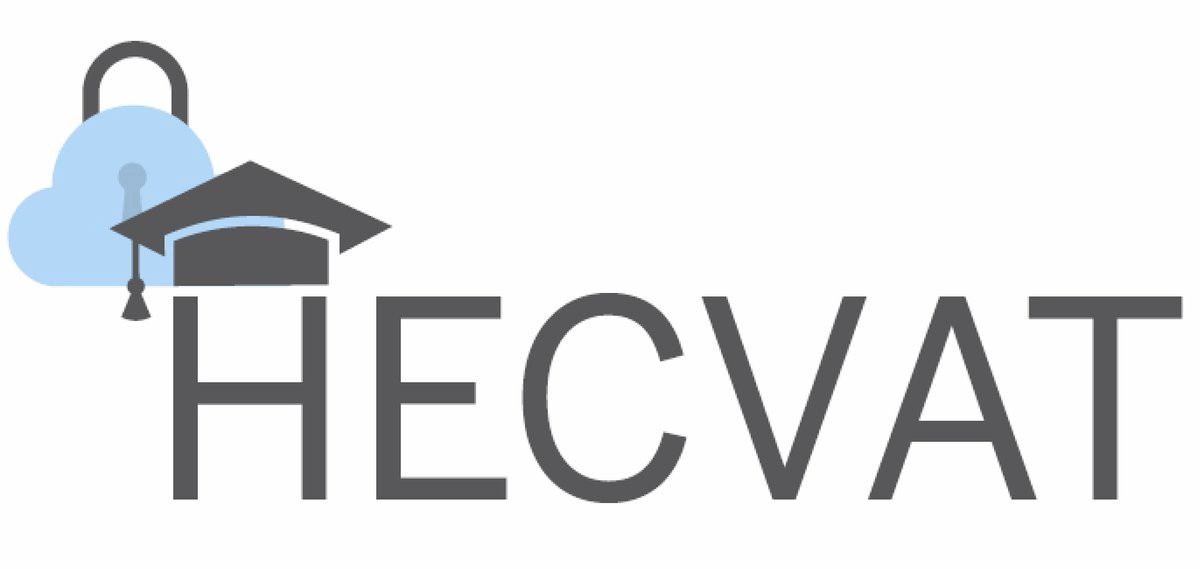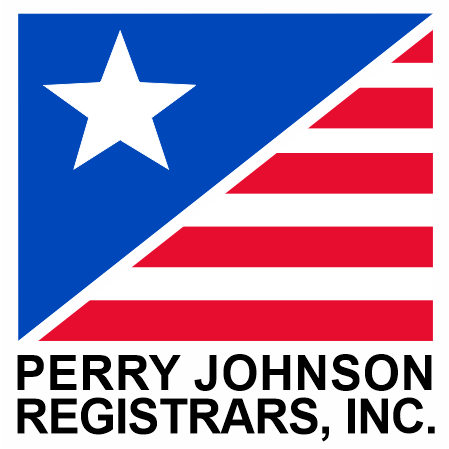Every year companies like Wal-Mart, Target, Safeway, Costco, CVS, AutoZone Apple, AT&T, Dish, etc. paid hundreds of millions of dollars for lawsuits due to improper disposal of e-waste and hazmat.
These fines can be eliminated by using the services of certified e-waste management companies such as Surplus Service.
Surplus Service Certifications at a glance
-
Read more
New labeling requirements for reusable equipment were introduced in R2:2013 to strengthen the standard and offer safeguards for buyers of refurbished electronics. Provision 6 requires that all items for resale must clearly be labelled with one of three designations:
1. Tested for Full Functions, R2/Ready for Reuse - Items that are as if they just came from the OEM
2. Tested for Key Functions, R2/Ready for Resale - Items that have all key functions working and could have some sub functionality issues
3. Evaluated and Non-Functioning, R2/Ready for Repair - items that have failed testing or that you cannot test
Appropriate labeling must be included on at least one document tied to each sale such as the Bill of Sale, Sales Order, Product Description, Invoice, or other accompanying documentation. Regardless of the assigned ca tegory for reuse, all reusable products must be covered by a quality assurance plan and be wiped of all data. Using a laptop as an example, the descriptions below illustrate the differences between the three labels.
A: Tested for Full Functions, R2/Ready for Reuse Products with this label are sold to end users and are equivalent to new products, ready to be used out of the box with minimal setup. All the functions of the laptop, including battery life, sound, video, drives, memory, processor, keyboard, etc., have been tested and found working. The laptop has also been evaluated for cosmetic defects to ensure that deep scratches, broken latches, missing pieces, etc. are not present. Finally, the laptop is loaded with a legally licensed operating system and updated hardware drivers.
B: Tested for Key Functions, R2/Ready for Resale Many times buyers do not want the software loaded so that they can customize equipment for their customers. Or perhaps the equipment was tested with a common hard drive that was removed before sale. Equipment that has passed hardware tests for key functions, but that has missing components, hardware issues of secondary functions, or repairable cosmetic damages would be considered R2/Ready for Resale. These defects must be clearly disclosed to the buyer in writing. Products in this category could conceivably be tested as a whole unit, harvested for parts, and sold as individual parts instead of the whole unit.
C: Evaluated and Non-Functioning, R2/Ready for Repair provides maximum opportunity for reuse by routing equipment that is economically feasible to repair, to those refurbishers with the tools and qualifications to fix it. The equipment must be evaluated prior to sale to ensure that the resale value will exceed the cost of repairs, and that the equipment is capable of being repaired. R2/Ready for Repair equipment may only be sold to refurbishers or resellers that are qualified to test the equipment and recycle the Focus Materials according to Provision 6©(3)(B). Without meeting both requirements, this equipment must be recycled.
R2 certification ensures the equipment is in good condition if sold or recycled responsibly.
Surplus Service is R2v3 Specialty Equipment, Appendix D certified for trusted management of all electronics including IT AND Medical, Laboratory and Biopharmaceutical equipment .
Globally only 11 organizations are certified under R2/R2v3 for “Specialty Equipment” (non-IT devices and equipment), 9 are in the US and, only one is in California.
As of January 2023, due to the difficulty and costs of the new R2v3 certification, only about 375 of the 1000 companies globally have been re-certified.
And to date, in the entire state of California, only 52 companies have re-certified to R2v3.
Unless an R2v3 company is certified under R2v3 as Specialty Equipment, Appendix D, there are NO (zero) oversight guidelines to test, recycle, repair or refurbish non-IT equipment like Medical, Laboratory and Biopharmaceutical.
Environmental management, health and safety management, and quality management are essential aspects of modern business operations. Customers and stakeholders expect organizations to be environmentally responsible, provide secure working conditions for employees, and deliver superior products and services. Businesses are turning to ISO standards as a way to create an organized framework for implementing and overseeing these essential management systems.
Most all companies certifying to ISO receive only ONE ISO standard certification, Surplus Service however, has certifications to three standards.
ISO 14001:2015
ISO 14001 is an international standard that defines the requirements for an Environmental Management System (EMS). It offers organizations a framework to identify and control their environmental impact, reduce waste production, and comply with applicable laws and regulations. Organizations must set objectives and targets for their environmental performance; implement operational controls; track and measure results; and constantly improve their EMS over time.
The advantages of ISO 14001 certification for organizations are numerous. Businesses can demonstrate their dedication to environmental responsibility to customers, investors, and other stakeholders by adhering to the standard's recommendations on waste reduction, energy efficiency, and carbon footprint reduction. Furthermore, complying with environmental regulations, avoiding incidents related to environmentalism, and minimizing liabilities related to such matters become significantly smaller with this system in place.
ISO 45001:2018
ISO 45001 is an international standard that specifies the requirements for an occupational health and safety management system (OHSMS). It offers organizations a framework to identify, manage and mitigate health and safety risks, comply with legal obligations and improve overall performance in this area. Organizations must establish policies and objectives; identify hazards; assess risks; implement controls to manage them effectively; monitor and measure their progress regularly; ultimately striving to continuously improve their OHSMS.
The advantages of ISO 45001 certification for organizations are immense. Organizations can demonstrate their dedication to providing a safe and healthy workplace to employees, customers, and other stakeholders. The standard helps reduce the risk of workplace accidents, injuries, illnesses, improve productivity levels and cut down on costs related to lost workdays or workers' compensation claims.
ISO 9001:2015
ISO 9001 is an international standard that sets forth the requirements for a quality management system (QMS). It gives organizations a framework to consistently provide products and services that meet customer and regulatory requirements while increasing customer satisfaction. Organizations must create policies and objectives for their QMS, identify customer needs and expectations, measure customer satisfaction levels, monitor and measure QMS performance levels, as well as continually improve their QMS over time.
ISO Certifications

California Board of Pharmacy Wholesaler License
Surplus Service, with the California Board of Pharmacy Wholesaler License, has a certified BoP pharmacist and or a DRIC (Designated Representative In Charge) on staff.
This designation is held by very few businesses, especially those that are sustainability focused.
Only companies with a Board of Pharmacy Wholesaler License are “licensed to manage and or resell any medical or pharmaceutical drug dispensing related devices".

Higher Education Community Vendor Assessment Toolkit
Due to the complexity and breadth of cybersecurity issues the Higher Education Community Vendor Assessment Toolkit or HECVAT was created by the Higher Education Information Security Council ( HEISC). We are equipped to provide protection of student and specialty data.
Your e-waste needs are about to be solved. You are just one phone call away. Fill out the form and we’ll get back to you ASAP.


